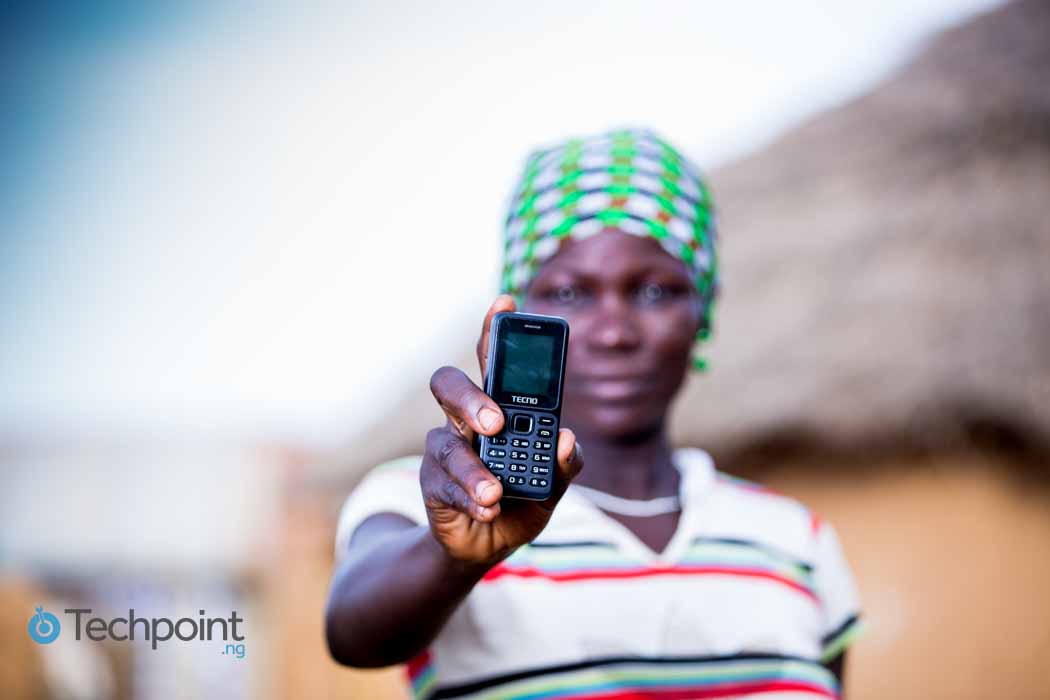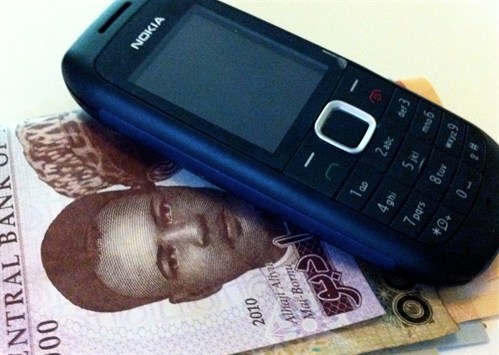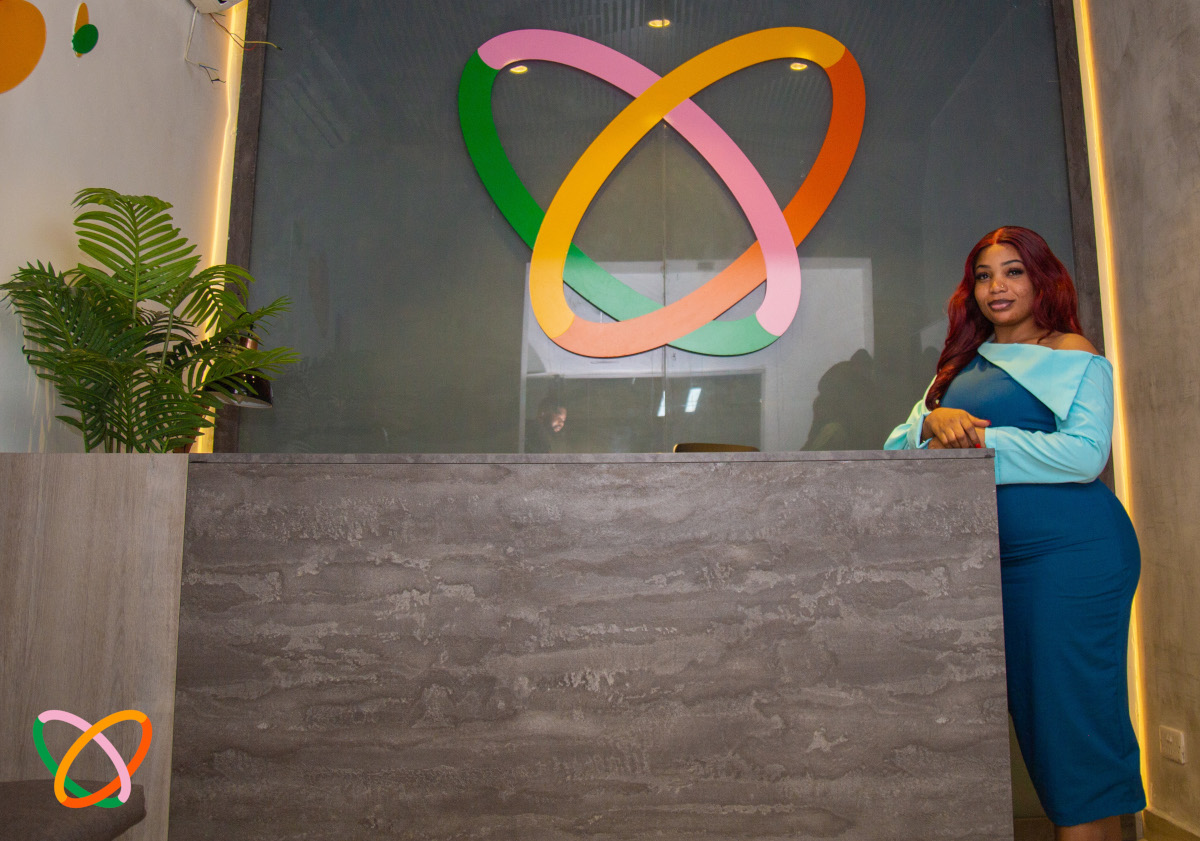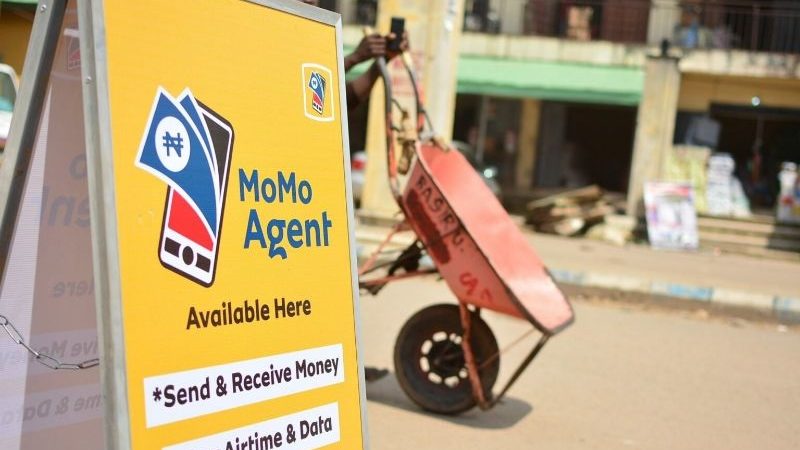The Central Bank of Nigeria (CBN) has approved three new Payment Service Banks (PSBs) a few days after updating its guidelines on August 27, 2020. These companies will be playing in a space that looks to boost financial inclusion.
The three PSBs are Hope PSB, a subsidiary of Unified Payments, one of Nigeria’s oldest fintech firms; Moneymaster PSB, a subsidiary of Glo, Nigeria’s second-largest telecom company; and 9PSB, a subsidiary of 9mobile, a telecom company.
MTN, Nigeria’s largest telco, operates a mobile money service but remains without a PSB licence. The CBN says it is ready to give out more licences, but the entry requirements are stringent.
In 2018, the CBN released a proposed guideline for PSBs, and several of the provisions from that document have been retained in this update, with a few additions.
As contained in the 2018 draft, prospective PSBs are required to pay a non-refundable ₦500,000 application fee and have a minimum paid-up capital of ₦5 billion ($13 million).
Then, the PSB licence was restricted to only banking agents, telcos- – through subsidiaries — retail chains (supermarkets), and Mobile Money Operators (MMOs that wanted to convert to PSBs).
Though telecom companies argued that they didn’t need to set up a capital base to operate since they were not banks, the provision to register a subsidiary and the paid-up capital requirements have been retained.
This means telcos would have to register a subsidiary and set up a ₦5 billion capital for the company.
The current guidelines allow a wider range of companies, taking cognisance of the current realities of the Nigerian business terrain. These are:
- Postal services providers and courier companies
- Switching companies
- Financial technology companies (fintechs)
- Financial holding companies
- Any other entity on the merit of its application subject to the approval of the CBN
- A broadening financial landscape
In addition to commercial banks, the CBN now has a Mobile Money Licence, the PSB licence and a microfinance bank licence. They offer a range of services and there are only slight differences between the three.
Mobile Money operators only require a paid-up capital of ₦2 billion and are not restricted by location.
PSBs are allowed to offer only high-volume, low-value transactions in remittance services, micro-savings, and withdrawal services. Their services are mainly targeted at rural areas and places with unbanked populations.
They are expected to have at least 25% physical access points in rural areas where they must maintain ATMs and point of sale devices.
The updated provisions allow them to sell foreign exchange realised from remittances to authorised forex dealers, issue branded debit cards, and also invest in government securities.
Though the CBN has somewhat increased the services of PSBs compared to the initial guidelines, there are still some limitations.
They cannot grant loans, guarantees, or advances of any form; they also can’t underwrite insurance or accept deposits in foreign currencies. In addition, debit cards they issue cannot perform foreign transactions.
Microfinance banks require a capital of ₦200 million ($516,00), ₦1 billion ($2.6 million), and ₦5 billion ($13 million), for a unit, state, or national licence, respectively. Their activities are restricted by the reach of the licences.
Of the three, only the MFB is allowed to give loans and open a full-fledged bank account, but none is allowed free range in the foreign exchange market.
A question of financial inclusion
In 2018, we pointed out that PSB operations as proposed by the CBN might not impact Nigeria’s financial inclusion drive. Despite the updates, to the new guidelines, these issues are still glaring.
On October 23, 2012, the CBN established the National Financial Inclusion Strategy (NFIS) to increase the financial inclusion rate to 80% by 2020.
In pursuit of this objective, the CBN has since introduced microfinance banking, agent banking, tiered know your customer (KYC) requirements such as the introduction of BVN 2.0, and mobile money operations.
Despite these, the percentage of unbanked adults in Nigeria remains high. According to records from the Nigeria Inter-Bank Settlement System (NIBSS) from August 30, 2020, there are just 43.2 million BVN users in Nigeria, a far cry from any of its estimated populations.
Though the CBN believes the introduction of the PSB will further deepen financial inclusion, the entry requirements and the limitations of PSBs might make it a bit more difficult to achieve.
Though PSBs might increase the number of people with a bank account, as explained in this article, financial inclusion entails more than just having a bank account; it requires a range of financial services that includes, but is not limited to, payments, loans, insurance, and pension products and services.
The minimum capital requirement somewhat prevents a lot of companies from acquiring the licence. On the one hand, this could ensure safety and security, but it also serves to keep out smaller operators looking to compete in the space.
As explored in a previous post, companies are always looking to make a profit, and when making any significant capital expenditure, the size of the total addressable market in a particular location has to be considered.
Besides this, PSBs have to tackle several infrastructural challenges — power and connectivity among others — in these remote locations they are supposed to reach. Not many places in Nigeria — both urban and rural — can boast of good power supply and Internet connections.
Beyond creating a policy document and a relatively high entry barrier, more deliberate government investments would certainly be needed if the objective of financial inclusion is to be achieved.











